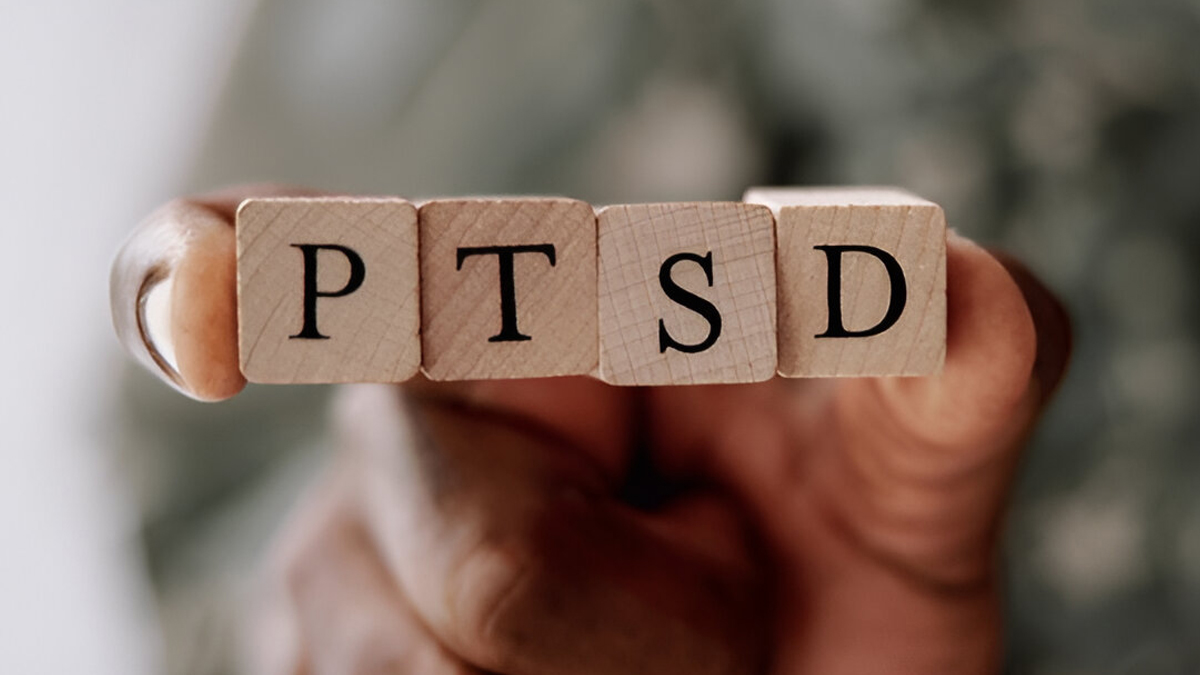
When Anshula Kapoor opened up about being diagnosed with Post-Traumatic Stress Disorder after appearing on The Traitors, it struck a nerve. It underscored a growing concern: immersive reality TV isn't just entertainment, it can be trauma in disguise.
Table of Content:-
CHECK YOUR
MENTAL HEALTH

For many viewers, reality shows are just high-stakes drama and entertainment. But for some, it can feel more like psychological warfare. Her revelation peeled back the glittery surface of reality TV to reveal something far more unsettling: trauma dressed up as content.
As mental health professionals, we must examine why formats grounded in secrecy, isolation, and sustained tension can inflict genuine psychological harm, said Dr Sandeep Vohra, Psychiatrist, Founder, NWNT.AI, who explained the impact of reality shows on mental health.
How Shows Like 'The Traitors' Can Trigger PTSD?

Most clinicians recognise PTSD as arising from direct exposure to, or witnessing, traumatic events like war zones, assaults, and disasters. However, rising evidence shows that environments designed to manipulate emotional stress, like 'The Traitors' can produce symptoms akin to PTSD: anxiety, dissociation, hypervigilance, and nightmares.
Kapoor recounts being cut off from outside communication, subjected to constant surveillance, and losing autonomy over her environment, features that mirror aspects of captivity and coercive control. These stressful conditions degrade emotional resilience and can leave participants psychologically wounded.
“Contestants, soldiers, doctors, and teachers crumble under the expectation to distrust and constantly perform, foreshadowing mental collapse. Add 16–18‑hour shooting days, strategic isolation, editing that inflates paranoia, and the result is a psychological pressure cooker. This isn’t hyperbole: studies show that prolonged stress can impair cognitive resources, disturb emotional regulation, and trigger trauma responses even without ‘classic’ traumatic exposure,” said Dr Vohra.
According to Frontiers in Neuroscience, changes in how we process emotional bodily sensations during intense stress can lead to detrimental effects on our ability to interpret external cues from our surroundings, which in turn may restrict our capability to handle various sensory inputs simultaneously.
Also Read: How Natural Disasters Impact Mental Health: Long-Term Psychological Effects To Watch Out For
Impact Of Social Media

Further compounding the issue is social media. Contestants emerge into an immediate torrent of scrutiny and sometimes online hate. Research on post-broadcast trauma indicates that vicarious stress from external commentary can deepen or prolong PTSD symptoms. Individuals may suffer from insomnia, panic attacks, or pervasive self-doubt as private experiences are turned into a public spectacle. A 2021 longitudinal analysis found that repeated viewing of disaster coverage on TV can amplify distress and exacerbate PTSD symptoms over time.
Yet, TV producers often claim mental health safeguards, pre-screening contestants, and offering therapy, but many times these are superficial. “A 2024 survey by Talker Research found that 57% of Americans believe reality TV has 'monetised trauma', and 56% feel producers should be held accountable for contestants’ emotional well-being. Regrettably, even when psychiatric consultants are present, their role is often constrained by the commercial imperatives of production,” added Dr Vohra.
Also Read: Complex PTSD Self-Care Essentials For Success: Therapist Shares Tips
How To Manage The Mental Health Effects Of Reality Shows
Here are some measures suggested by Dr Vohra to manage mental health implications of reality shows:
- Stricter psychological screening: Beyond identifying potential drama‑makers, producers must assess participants’ coping reserves and vulnerability to stress under prolonged surveillance.
- On‑set mental-health supervision: Trained clinicians should be empowered to intervene during filming not just debrief afterwards.
- Mandatory post-show therapy: Therapy with evidence-based modalities, such as trauma‑focused Cognitive Behavioural Therapy (CBT), Eye Movement Desensitization and Reprocessing (EMDR), and somatic experiencing, to help participants process and recover.
- Responsible broadcasting and editing: Providers should avoid framing participants as villains or victims; sensationalist production increases the risk of on‑screen and post‑screen trauma.
- Crisis after‑care infrastructure: Participants must have access to ongoing support once they return to the real world- media training, legal counsel, therapy, mirroring the duty‑of‑care models advocated in Australia and the UK.
Bottomline
Dr Vohra concluded, “In a world where entertainment increasingly blurs reality and performance, platforms must not gamble on the human psyche. PTSD is not a plot device, it’s a valid clinical condition. If producers aim to foster authenticity, they must also accept responsibility. Otherwise, trauma becomes just another storyline for binge‑watching and a failure of ethics in entertainment.”
[Disclaimer: This article contains information provided by an expert and is for informational purposes only. Hence, we advise you to consult your professional if you are dealing with any health issue to avoid complications.]
Also watch this video
How we keep this article up to date:
We work with experts and keep a close eye on the latest in health and wellness. Whenever there is a new research or helpful information, we update our articles with accurate and useful advice.
Current Version
